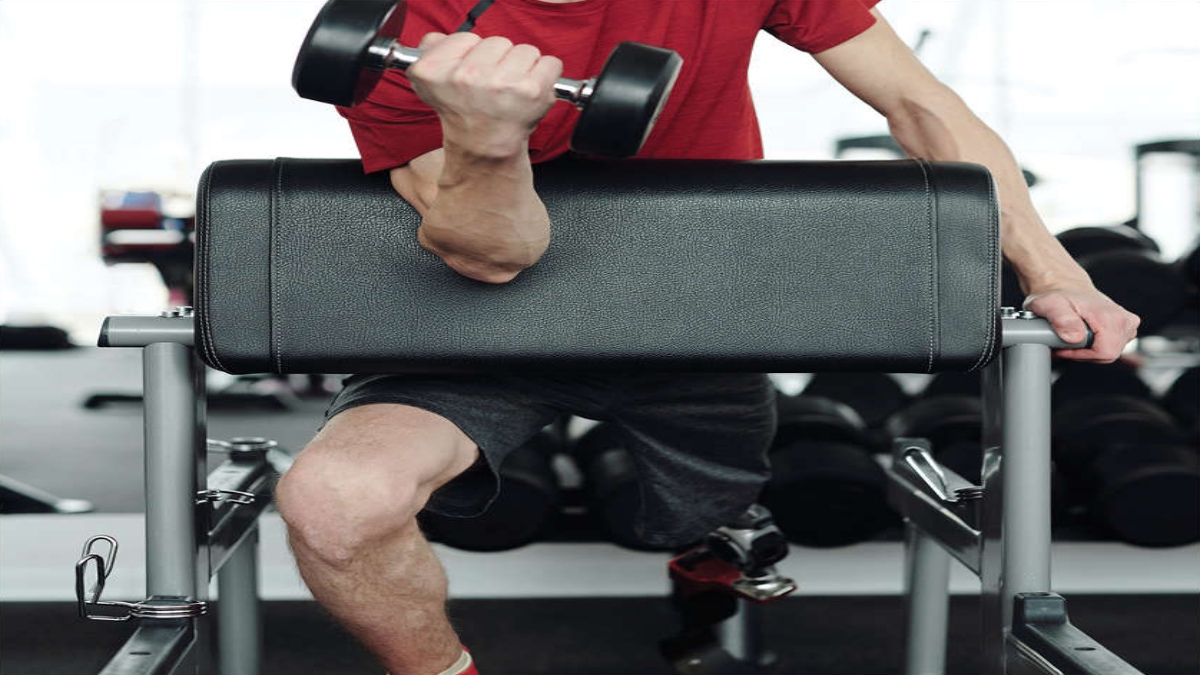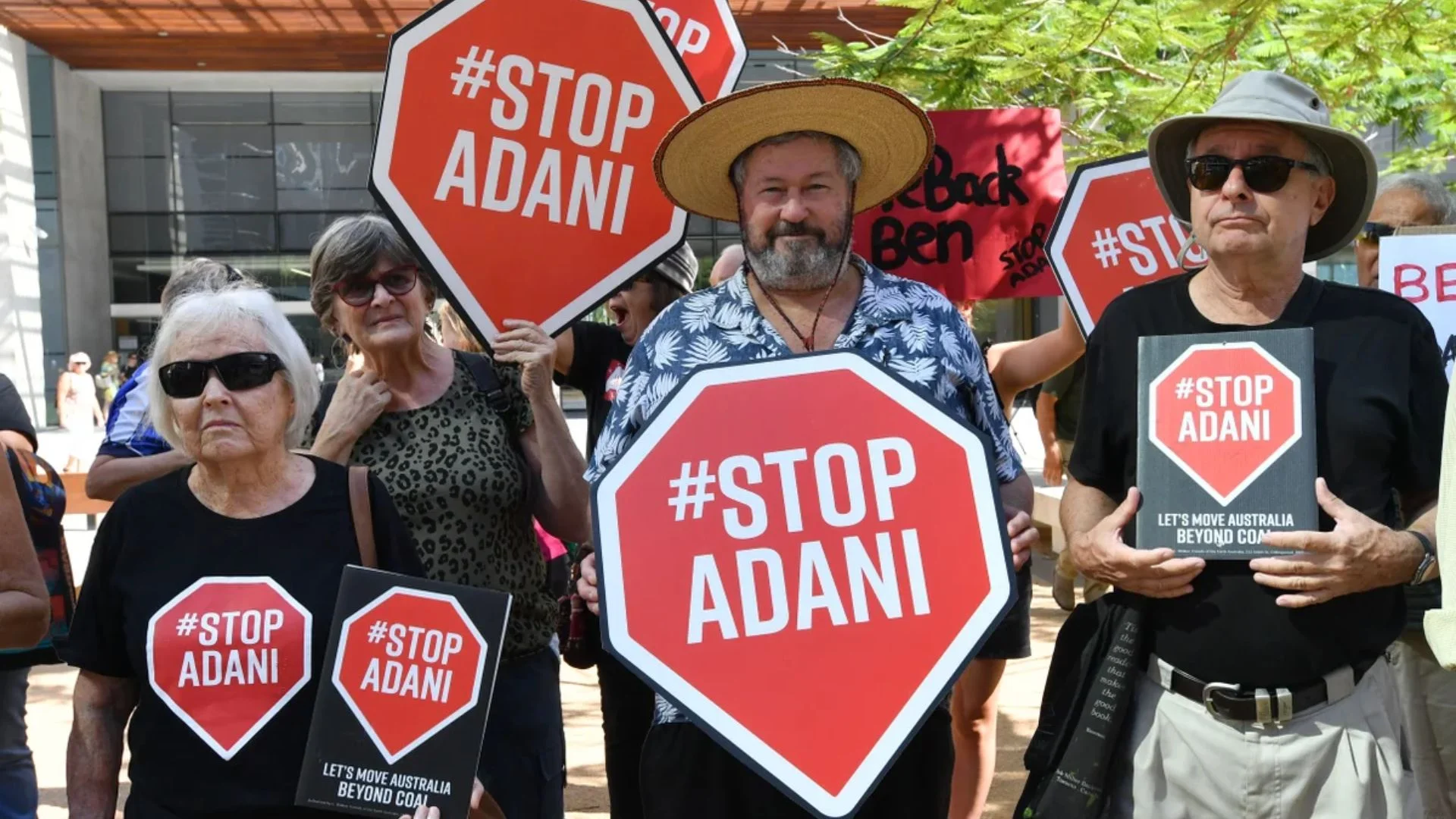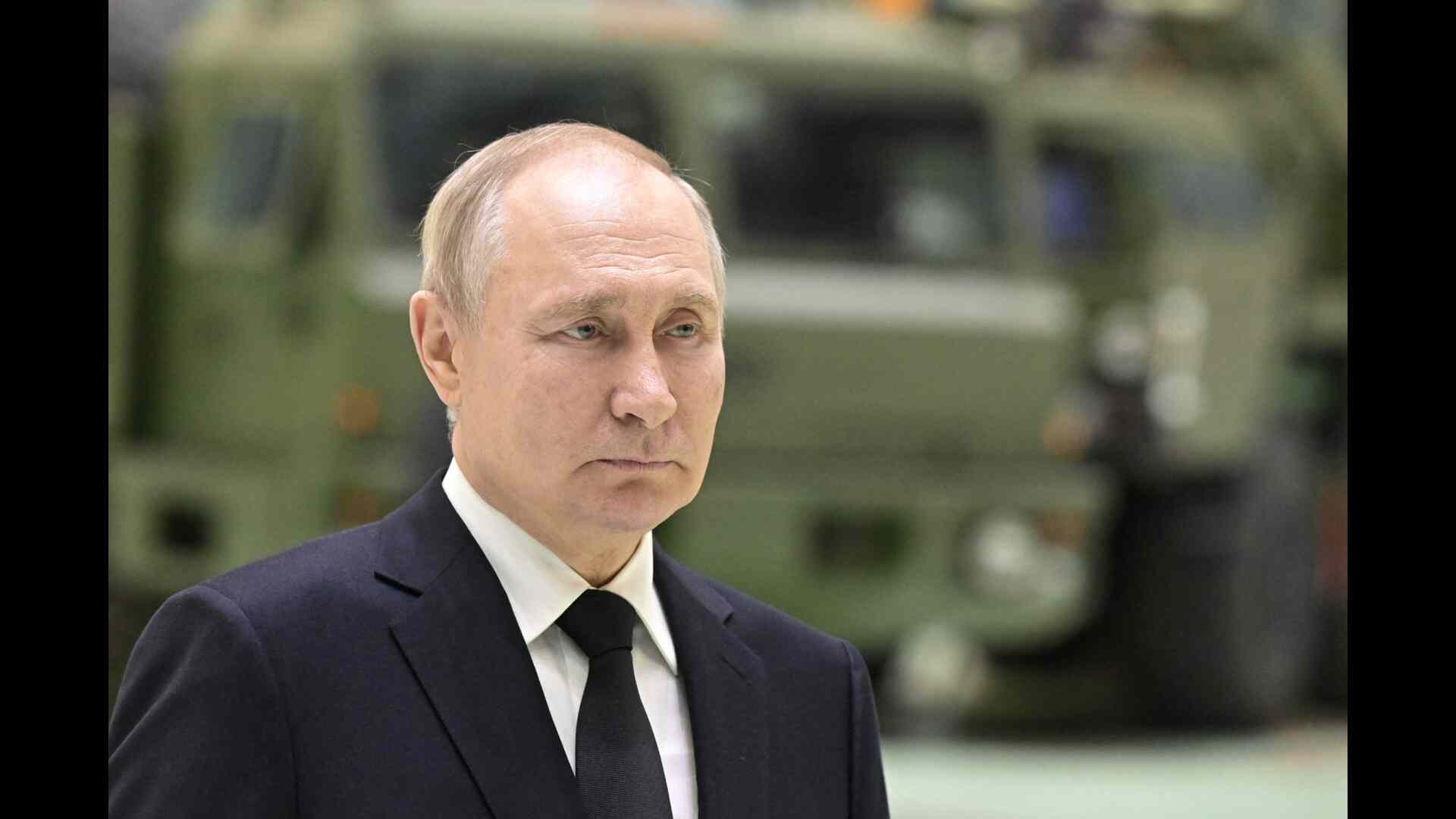
The differently-abled have basically the same needs and desires as the abled persons. One basic goal is to improve differently-abled capacity to function physically as effectively as possible with their limitations. Why then are differently-abled not given more opportunities to take part in numerous types of fitness programmes and activities? The most common answer is lack of facilities, trained personnel and money.
If abundance facilities, trained personnel and money are available to the abled person, they should also be available to differently-abled. Physical fitness programmes and activities for the differently-abled are long delayed. The world in which we live must be made a place where all people are given equal opportunities to grow and
develop to their fullest potential. Nevertheless, people with disabilities need to give as much attention to their fitness levels as do others.
Everybody has limitations some are noticeable and some are not. To help those who face physical challenges, scientists have spent several years researching and finding pathways to assist them to become self-dependent. They need to become self-seeking and independent and able to participate in physical fitness events. We must look at an individual’s ability, not at her/his disability.
Exercise specialists, educators, and scientists are beginning to realise that physical fitness is just as beneficial to the differently-abled as it is to the abled person.
The fitness movement, born in the seventies, is yet to reach to the peak. There are literally millions of people all over the world who are participating in several fitness programmes, sports programmes, or physical recreation programmes. Unfortunately, the same cannot be said for the differently-abled.
We are living in an era in which a great deal of attention is given to total fitness. The able-bodied and differently-abled have some fitness needs. However, the handicapped have even a greater need for fitness. If fact, researchers have reported that the differently-abled are low in all aspects of physical fitness and have the same high risk factors as their able-bodied counterparts— obesity, poor nutrition, high blood pressure, use of tobacco, insufficient sleep and rest, drugs (excluding medication), alcohol and lack of physical activity.
In fact, for those with physical challenges, the trainable muscles are limited and they may have impaired cardiovascular function. Another factor is being on medications that limits their body response to physical exercise. Any physical exercise will be highly beneficial to keep the body healthy and all other functions can operate normally. Weight training and resistance training improve functional ability and mobility for people with physical disabilities. Activities like aerobics, dancing, yoga, etc., should also be preferred.
Writer is a former Associate Prof. University of Delhi, and Consultant Limca Book of Records. Views expressed are personal.















